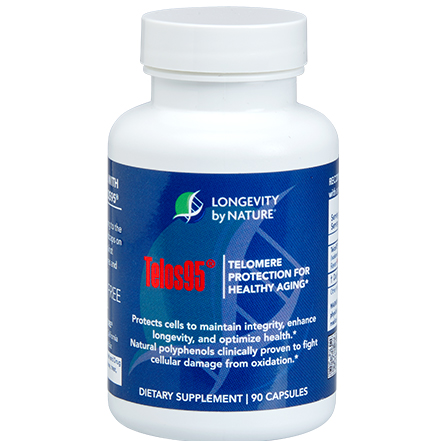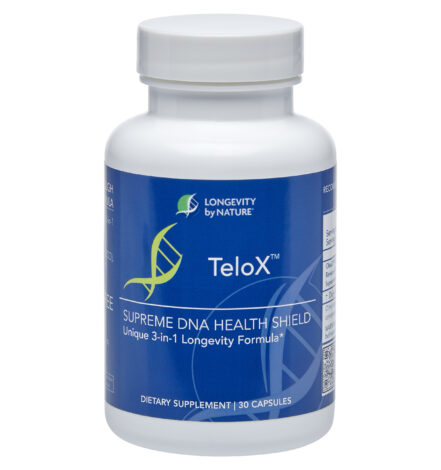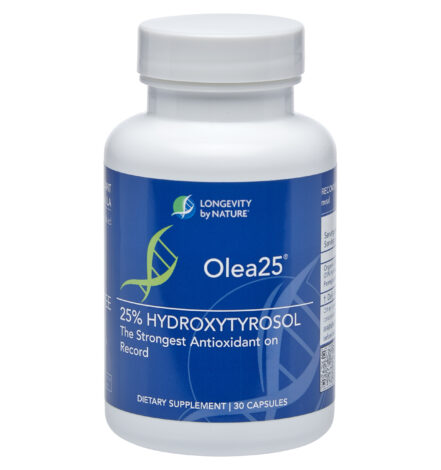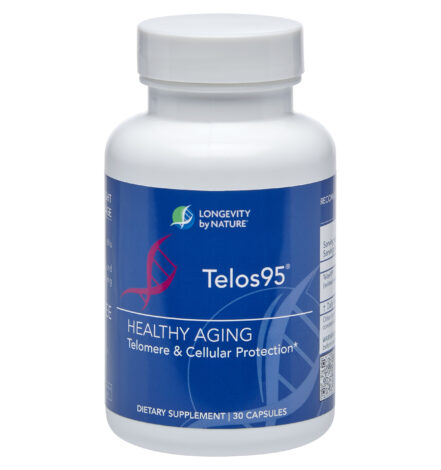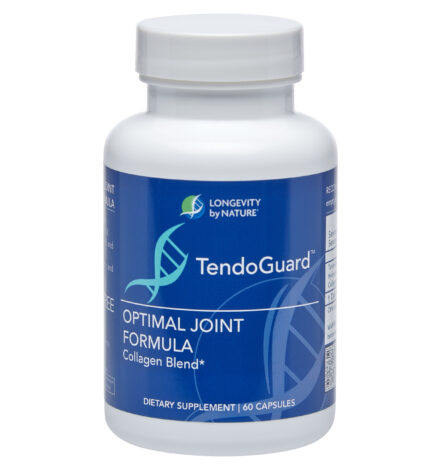Understanding Short Telomere Syndrome: An Overview
Short Telomere Syndrome is a complex genetic condition characterized by the premature shortening of telomeres, which are part of our DNA in the protective caps at the ends of our chromosomes. Telomeres store and repeat genetic instructions through our DNA to ensure it’s transferred when cells divide. Our cells have a limited number of cell divisions before cell death occurs. The longer a telomere stays healthy, the longer the cell continues dividing. Telomeres naturally shorten when cells age and divide, but in Short Telomere Syndrome, this shortening accelerates, leading to early onset of diseases associated with aging like liver disease, immune system disorders, pulmonary fibrosis, and bone marrow failure. This accelerated aging can significantly impact a person’s health and lifespan.
How Do I know that I have Short Telomere Syndrome?
Diagnosing Short Telomeres Syndrome includes a combination of clinical evaluation and genetic testing due to its complex nature and the variety of symptoms. Here are steps and signs that may indicate Short Telomeres Syndrome:
- Family History
Known family history of Short Telomeres Syndrome or related disorders, like pulmonary fibrosis, liver disease, or premature graying and loss of hair, might be initial clues. - Symptom Evaluation
The presence of symptoms associated with failure of the bone marrow, lungs, liver, or additional organs at a younger age than expected for the general population. - Blood Tests
Initial blood tests may show signs of bone marrow failure, low white blood cell count, anemia, or thrombocytopenia (low platelet count). - Genetic Testing
Confirming a diagnosis of Short Telomere Syndrome requires genetic testing to identify mutations in genes associated with telomere maintenance, such as TERT, TERC, RTEL1, and DKC1. - Telomere Length Measurement
Measurement of telomere length in leukocytes (white blood cells) can be completed. Significantly shorter telomeres than what is typical for the person’s age group may suggest the syndrome. - Consultation with a Specialist
Consulting a healthcare specialist in genetic disorders can provide guidance based on symptoms, family history, and test results.
Seek medical advice if you have symptoms or a family history that suggests Short Telomeres Syndrome.
What other Side Effects are caused by Short Telomere Syndrome?
Short Telomeres Syndrome can lead to a range of side effects and complications due to diminished regenerative capacity of cells. In addition to other indicators, some notable side effects and health issues of this syndrome include:
- Pulmonary Fibrosis
A lung disease that develops when lung tissue becomes damaged and scarred, making it difficult for lungs to work properly. - Liver Disease
Cirrhosis or liver failure can emerge due to the impaired regenerative ability of liver cells. - Immune System Deficiencies
These can lead to increased susceptibility to infections. - Gastrointestinal Tract Problems
inflammatory conditions and a higher risk of gastrointestinal tract bleeding. - Aging Skin
Including early wrinkles and other signs of aging skin because of reduced skin cell regeneration. - Increased Risk of Cancer
Especially cancers associated with tissue types that undergo rapid turnover and regeneration, like blood, skin, and the gastrointestinal tract. - Cardiovascular Diseases
Early onset of diseases may be linked to the syndrome such as atherosclerosis, which may lead to heart attacks and strokes. - Fertility Issues
These may include premature ovarian failure in women and reduced sperm production in men. - Bone Marrow Failure
May lead to anemia, increased risk of infections due to low white blood cell count, and bleeding or bruising easily because of reduced platelets. - Premature Graying and Hair Loss
Could have an impact on cells responsible for hair growth and pigmentation.
The severity and presence of these side effects can vary among those with Short Telomeres Syndrome. Not everyone will develop all potential complications. Management and treatment focus on addressing specific symptoms and complications, which require being under the care of a multidisciplinary medical team.
Living with Short Telomere Syndrome: Consequences and Challenges
Short Telomeres Syndrome is inherited and passed down through genes that shorten telomere length. Symptoms may resemble other conditions, requiring careful genetic testing and analysis for accurate diagnosis. Telomere Syndrome symptoms and severity can vary widely even within one family, which makes diagnosis and management challenging. There is currently no cure for the underlying cause of telomere shortening.
The Genesis of Short Telomere Syndrome: Causes and Mechanisms
Short Telomere Syndrome is primarily caused by genetic mutations that affect the body’s ability to maintain telomeres. These causes include:
- Genetic Mutations in Telomerase Complex Genes
Mutations in the genes responsible for making the telomerase enzyme impair the telomere lengthening process. Telomerase is important for keeping telomeres long in specific cells such as germ cells and stem cells. The syndrome can be passed down from one or both parents carrying a mutation in one of the genes responsible for telomere maintenance. - Environmental Factors and Lifestyle Choices
While not causes, factors like oxidative stress, inflammation, excessive drinking, smoking, sedentary behavior, insufficient sleep, poor diet, and UV exposure can accelerate telomere shortening and exacerbate the effects of genetic predispositions to Short Telomere Syndrome. These factors may impact the severity and onset of related health issues. - Dyskeratosis Congenita
This is a disorder caused by mutations in genes related to telomere maintenance, It’s considered a variant of Short Telomere Syndrome because it features critically short telomeres and presents with bone marrow failure and other systemic manifestations. - Epigenetic Factors
These are changes that affect how genes work without altering the DNA itself. These changes can turn genes on or off and are influenced by things like environment and lifestyle. They can also contribute to the syndrome’s development.
Navigating Treatment: Known Therapies for Short Telomere Syndrome
Treatment for Short Telomere Syndrome focuses on managing the symptoms and complications of the diseases associated with the syndrome, while ongoing research continues to seek ways to directly address the underlying telomere shortening. Advances in gene therapy, telomerase activation strategies, and other cellular repair technologies hold promise for future interventions that may one day effectively treat or even prevent Short Telomere Syndrome. Early detection and intervention are important for improving the quality of life for people who have Short Telomeres Syndrome, emphasizing the need for awareness and specialized care. Treatments may include medications, therapies, and potentially stem cell transplantation for cases involving bone marrow failure.
Life Span and Short Telomere Syndrome: What to Expect
Short Telomere Syndrome life expectancy can vary significantly due to the diverse range of potential health issues associated with the condition. When telomeres become too short, it can result in cellular aging and malfunction, manifesting in various age-related diseases at a younger age than expected. Common health challenges include pulmonary fibrosis, liver disease, bone marrow failure, and immune system problems, among others.
The severity and combination of these health issues significantly influence life expectancy and quality of life. With advancements in medical science, management and treatment of the symptoms and complications of Short Telomeres Syndrome have improved.
While Short Telomeres Syndrome poses serious health challenges, individual outcomes can vary widely. Ongoing research and potential future therapies aimed at telomere elongation and stabilization offer hope for extending both the lifespan and quality of life of affected individuals.
For more than three decades, Longevity by Nature® has been dedicated to enhancing cellular and tissue health. Our supplements are derived directly from nature without synthetic materials and are crafted to the highest standards of quality for a healthy life and graceful aging. Supported by clinical research, Telos95 aims to extend telomere length and minimize oxidative stress, helping you combat a variety of diseases.
Telos95, a plant-based telomere health supplement from Longevity by Nature®, promotes cellular longevity and helps reduce oxidative stress by fighting free radicals. Telos 95 is clinically proven to extend telomere length, increase energy level, and decrease fatigue.
It’s made from an advanced proprietary blend of polyphenols sourced naturally from grapevine and organic olive leaf. Protect your telomeres and chromosomes with Telos95 for healthy aging.

Manufactured in USA: We are a U.S. based company

Compliant With the United States Food & Drug Administration

Clinically Tested According to United States Government Regulations

Made By 100% Non-Genetically Modified Organisms




